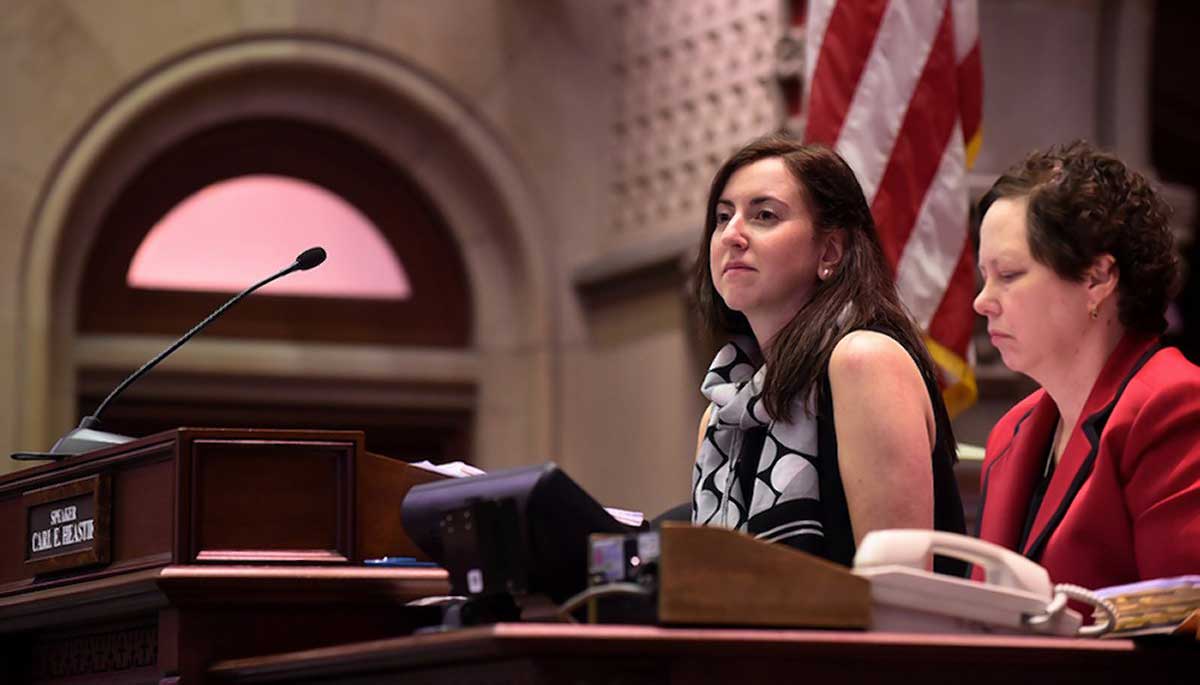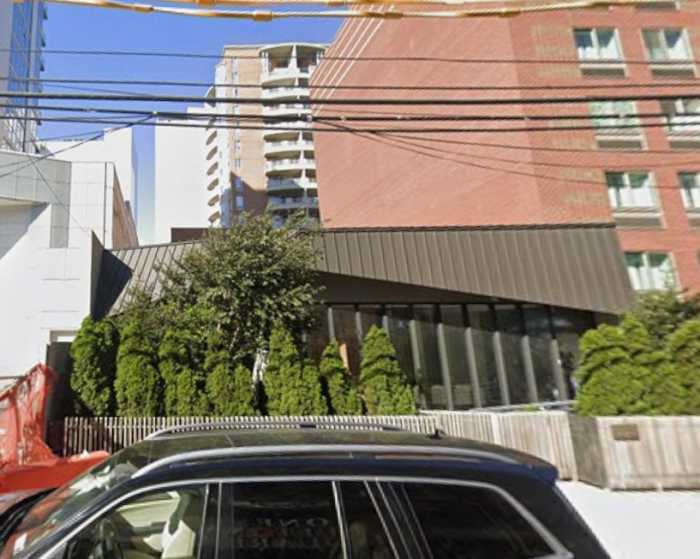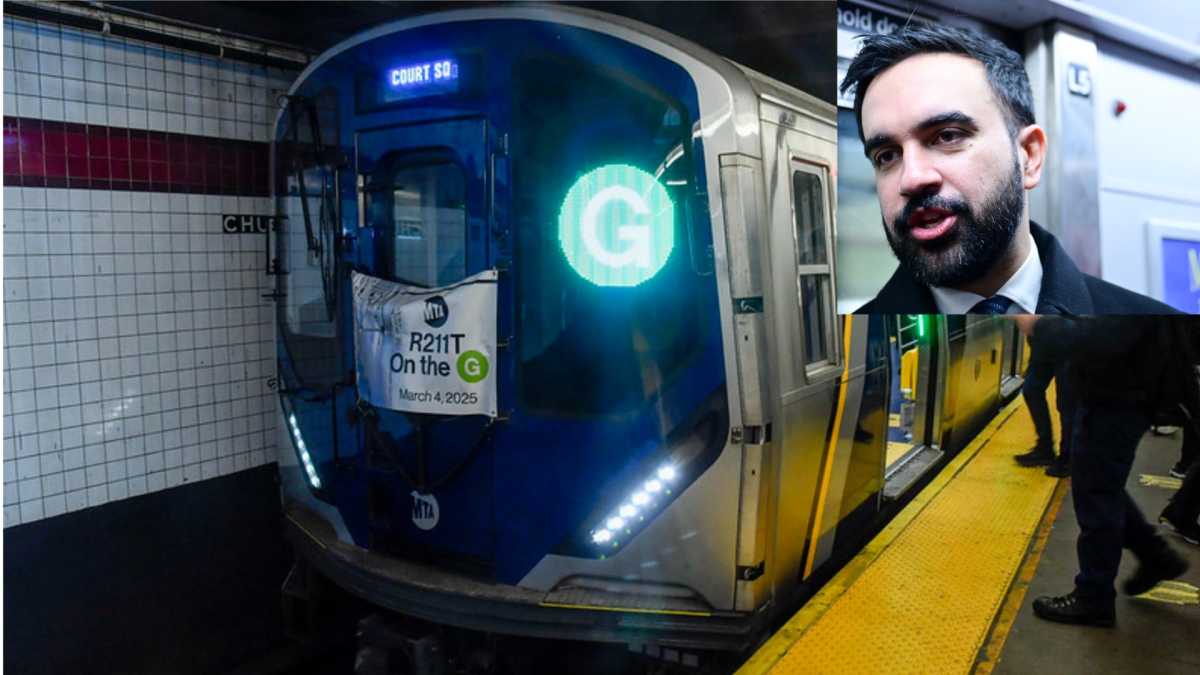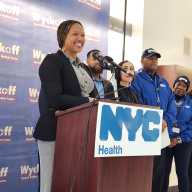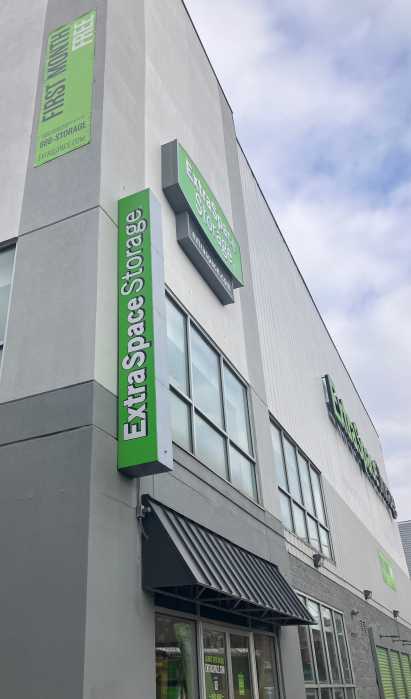The Long Island Rail Road (LIRR) will be making proper accommodations for nursing mothers and families with the installation of private breastfeeding stations at Penn Station, announced Assemblywoman Nily Rozic on Tuesday.
The lactation pods are scheduled to be installed this fall and will be available upon request to the waiting room attendant.
The announcement follows a letter sent by Rozic and Assemblywoman Kimberly Jean-Pierre last year expressing concern over access to breastfeeding stations that were raised during a tour of the East Side Access infrastructure project.
“Designated lactation sites provide working families with the support they need as they re-enter the workforce and navigate the ever-changing dynamics of work-life balance,” Rozic said. “I am pleased that the MTA has agreed to make these accommodations at Penn Station and will consider expanding access to lactation pods across different stations.”
Jean-Pierre said the “initiative will provide families with the peace of mind knowing they will be able to properly cater to their infants’ needs on the go.”
In their October 2018 letter, the lawmakers wrote that as they learned of the amenities planned for the new LIRR terminal below Grand Central, they became concerned over accommodations for breastfeeding mothers.
They noted that after returning to work from parental leave, many nursing mothers “will want to continue providing breast milk to their infants, and we are seeing more employers supporting their employees who breastfeed by implementing workplace lactation facilities and policies.”
The lactation pod is made by Mamava, a company based in Vermont specializing in lactation space design and manufacturing. It will be fully accessible to all customers in accordance with the Americans with Disabilities Act, and will have bench seating, shelves, mirrors, coat hooks, occupancy-activated lighting, and dual-outlet USB ports.
The MTA says the upcoming installation will be the latest in a series of customer-friendly initiatives adopted by the LIRR such as LIRR Care — a program allowing customers with special mobility needs to call ahead to receive personalized assistance on trains at terminals. The MTA will also be running a pilot program for Help Points, a kiosk on station platforms with a highly visible strobe light that customers can use to alert crews of an incoming train that a customer needs special attention boarding a train.
Meanwhile, a new report by the NYC Human Rights Commission on July 24 on pregnancy and caregiving discrimination in the workplace provided testimony from people across industries, medical professionals, and advocates — all of whom detailed numerous obstacles for workers who require reasonable accommodations based on pregnancy, need to express breastmilk, or caregiving obligations.
The report found that low-wage, domestic, and immigrant workers are among the most vulnerable populations when it comes to requesting accommodations from an employer, leaving many to choose between a healthy pregnancy or family and their jobs.
The public hearing was held in January where recommendations were made by medical experts, stakeholders and advocates. These recommendations include expanding the NYC Human Rights Law to apply pregnancy protections to all workers. It further recommends an increase in community outreach and education to inform people of their rights, expansion of NY State Paid Family Leave, and the right to reasonable accommodations for someone caring for minor children or family members with disabilities.
Pregnancy, breastfeeding, and caregiving protections in the workplace have long been a key issue area for the NYC Commission on Human Rights.
In 2016, the Commission issued a legal enforcement guidance on pregnancy discrimination detailing specific protections in place for pregnant and breastfeeding employees, and the obligations of employers to accommodate pregnant workers.
In 2018, the City Council passed Local laws 185 and 186, mandating that employers provide breastfeeding employees lactation accommodations such as a private space to pump and reasonable time to express breast milk. The Commission published multiple model lactation accommodation policies to address different workplace structures so employers could easily find a policy to fit their needs.
“Whether you are pregnant, a new parent, or caring for your own parents, everyone deserves to meet their caregiving obligations without fear of reprisal at work,” said Carmelyn Malalis, chair and commissioner of the New York City Commission on Human Rights. “No one should have to choose between their job and their family. We will continue to fight for the rights of workers who are pregnant, breastfeeding, or caring for a loved one, across all sectors, until everyone is protected.”

